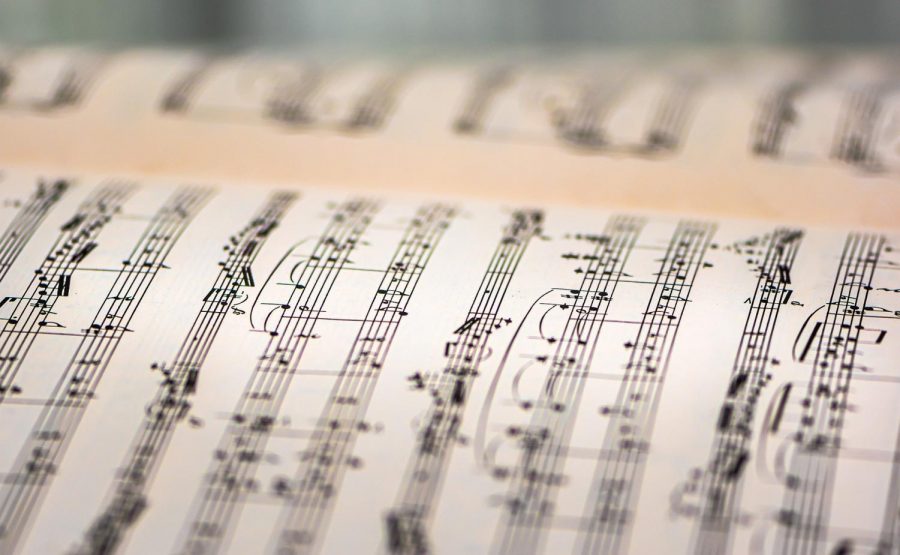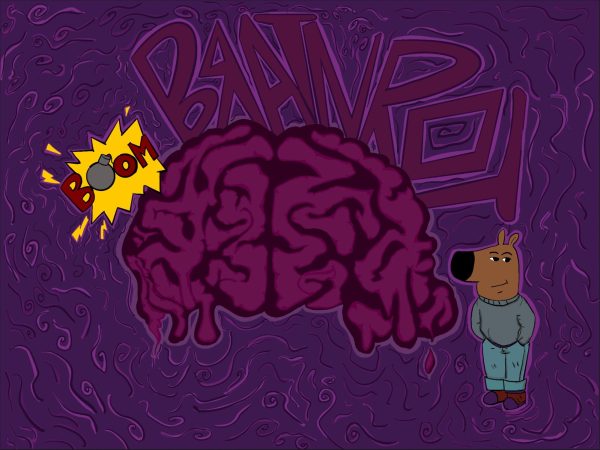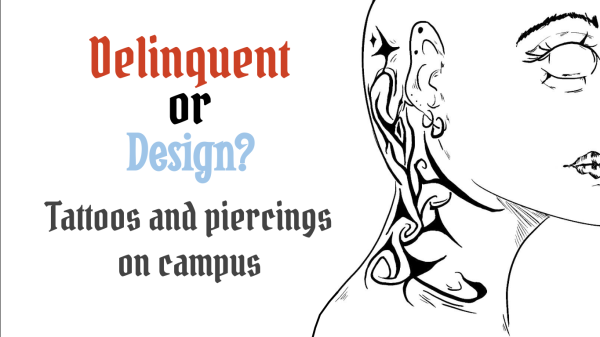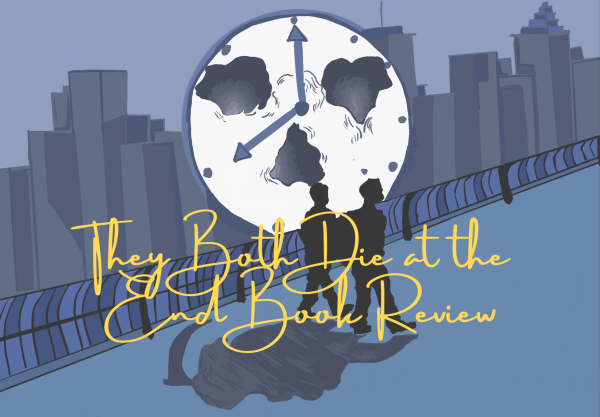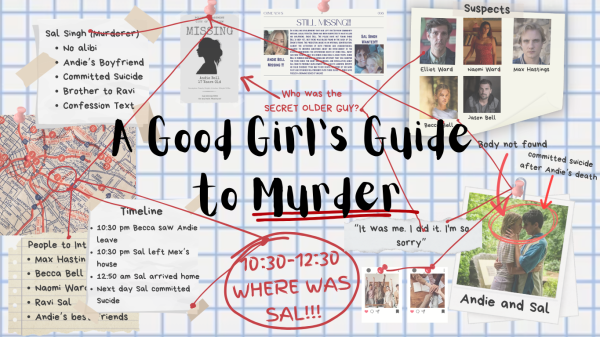The Brief History of Music and Its Impact
Music has been around for what seems like forever, it is ingrained in every culture, just like how every culture has its language. But what does it mean to the students of Mt. SAC Early College Academy?
The Origins of Music
An important component of music, singing, is believed to predate language. According to a BBC Earth article, “The human voice may have gained its full vocal range at least 530,000 years ago.”
Since Humans have had the power to control pitches for over half a million years, they could have had the possibility to sing and harmonize with just their voice.
Another very important component of music is rhythm or a beat. According to Science Daily, a site that features scientific news, “Our early ancestors may have created rhythmic music by clapping their hands. This may be linked to the earliest musical instruments.”
Some of the earliest rhythms were created by people clapping their hands and some of the earliest instruments found are bone pipes, made from vulture or swan wings, from around 40,000 years ago. Early humans also used to hit stalagmites against caves and made “rock gongs.”
Music as a Whole
There are many theories as to why music was created. Some people believe that music was supposed to act as “social glue,” and advance society. Music helped advance society by giving humans a sense of community and helped aid ancient societies. Examples of music being a “social glue” are concerts/music festivals, music that is played at sporting events, and even music used in the military.
Music could’ve been used to create bonds between mothers and their babies. Since human babies are “helpless,” in the sense that they cannot cling to their mothers for safety, mothers must hold them. However, since mothers have other tasks, not just taking care of their baby, it seems that to make their babies feel safe while not in their hands, mothers must have had to sing to them.
Music for a long time has also been used during religious and spiritual ceremonies. Some of the earliest religious songs were “The Psalms of David” and “The Song of Solomon.” These Jewish songs date back to 500 B.C., about 2,517 years ago!
Music Throughout the years
Music has definitely changed throughout the years. It is not the same as it was in 200 B.C. or even in 1700.
Some of the earliest known melodies are from around the 14th century B.C. The melody is titled “Hurrian Hymn No. 6,” and was from Southwest Asia, around Syria, and belonged to the Hurrians. The song was an ode for the goddess Nikkal. The song was written on clay tablets in cuneiform. It even had instructions on how to play the song on a lyre, an instrument that looks similar to a harp.
The oldest known composition is a Greek song that dates back to the 1st century A.D. It is titled “Seikilos Epitaph,” and was used to mark a woman’s gravesite in Turkey. Unlike the “Hurrian Hymn No. 6” historians have been able to recreate the song. The lyrics read, “While you live, shine / Have no grief at all / Life exists only for a short while / And time demands its toll.”
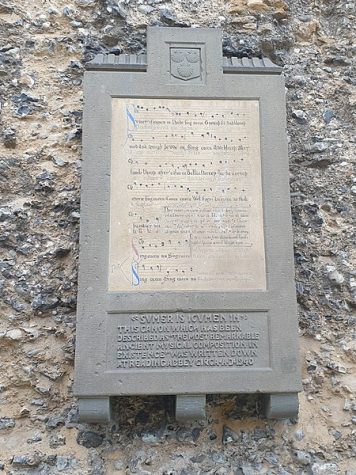
The earliest song in English is titled “Sumer Is Icumen In”, and was created in the 13th century. It is a fun song about summer starting and has an upbeat rhythm. The song also has the first recorded use of the word “fart.”
It seems as though our music taste has changed over the centuries. Nowadays, all of our music is recorded and songs are about a wider range of topics. The top artists nowadays, are the Beatles, the Rolling Stones, Elton John, and Mariah Carey, and the most popular genres are Rock, Pop, and Country.
How has music impacted the lives of MECA students
Music is really helpful to many people, whether it helps them express themselves, helps them make friends, helps them find a hobby, or even helps them find a career.
“Music can help me express feelings that are hard to verbalize or talk about,” says junior, Jordan Alvarado. “It also makes me feel not alone when I hear similar experiences through someone’s music.”
“The importance of music to me is feeling, music has gotten me through a lot, and it still is,” says Kyndell Jackson. “Knowing that someone out there is going through the same thing as you is comforting”
It is always reassuring to know that someone knows how you’re feeling and that someone out
there is experiencing the same things as you. No matter what you are feeling, there is probably a song that expresses those emotions or talks about how it feels.
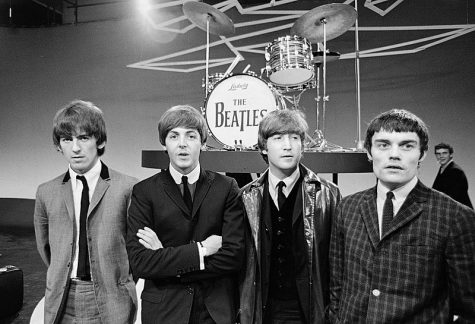
Additionally, some people are fortunate to be able to bond over music. “One time in 6th grade, I met a girl who also really liked Queen,” says Catherine Torres, a student at MECA. “Now, she’s actually my best friend.”
Kiara Olivares says, “My best friend and I became such good friends due to our similar music tastes.”
Mackenzie Diaz, a freshman at MECA, has even been able to tell stories through music. “Recently I’ve been exploring storytelling with music. I’m not the best at it, but my best works are in my head,” she says.
Music is such a big part of people’s lives that they may even make a career out of it. Laura Graciela Padilla, a freshman, says, “I want to be on Broadway when i’m older and it’s a big dream of mine.” She goes on to say, “Everyday I’m practicing my singing and my instruments.”
Whether you’re an avid music listener or only listen to it once i
n a while, music could be very beneficial to any aspect of your life. Whether you like rock, or pop, or country, there will always be someone who feels the same way as you.
Your donation will support the student journalists of Mt. SAC Early College Academy. Your contribution will allow us to purchase equipment and cover our annual website hosting costs.
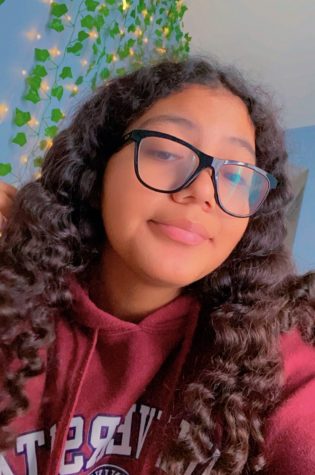
Emma Hernandez is in 9th grade. This is her first year on The Chronicle Staff. Outside of school, she enjoys baking, cooking, and riding her bike....


